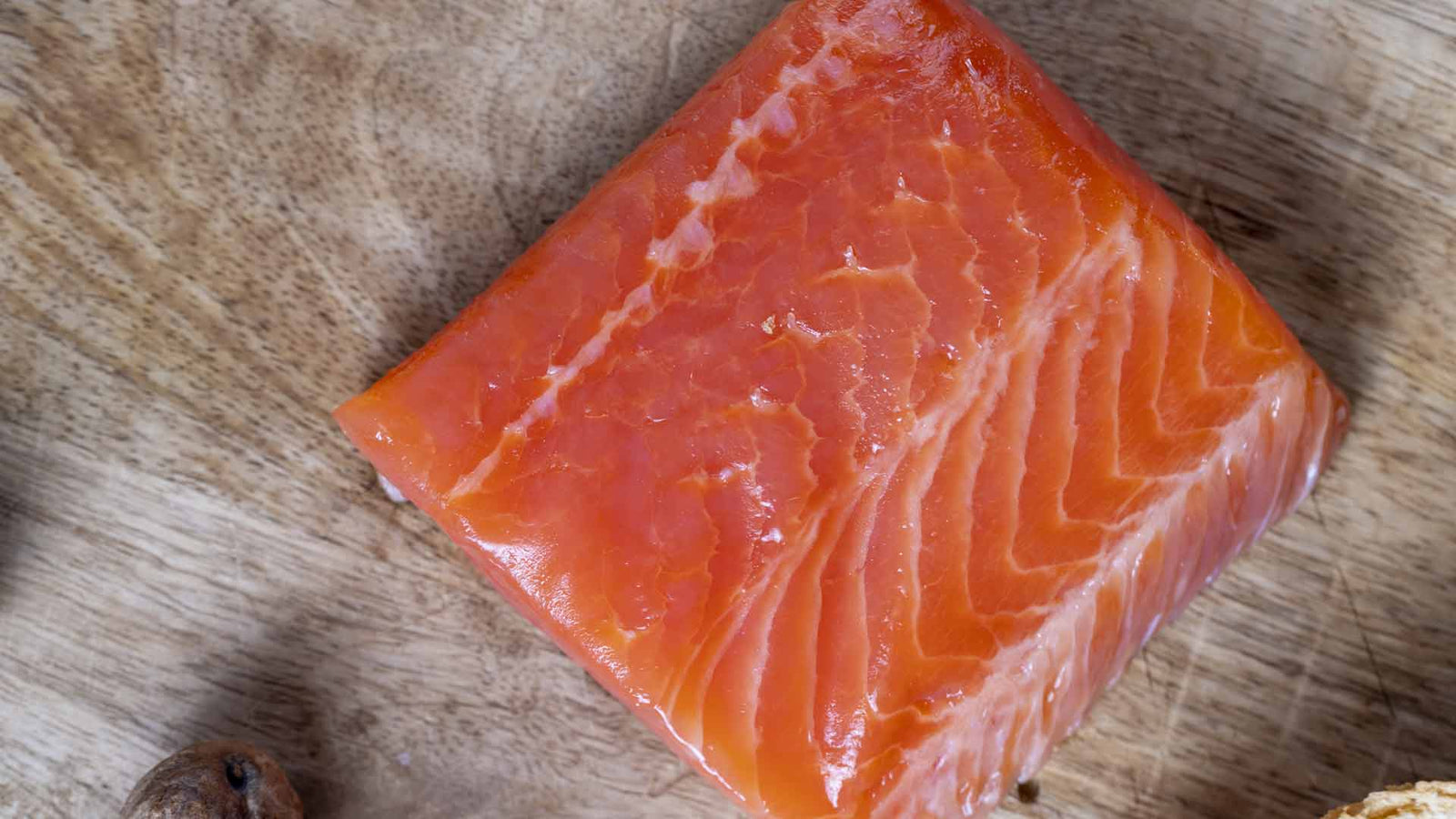
If it's in your sushi roll, you'll be overjoyed, and it's constantly on the menu at your favorite bagel shop, but is salmon beneficial for you? Salmon is "packed" with nutrients, according to Alyssa Pike, R.D., manager, nutrition communications, International Food Information Council.
Salmon is a heart-healthy fish high in long-chainomega-3 fatty acids like eicosapentaenoic acid (EPA) anddocosahexaenoic acid (DHA), vitamin B12, and selenium. Keep reading if you're interested in the impact these fatty acids might play in your diet and where a dietitian officially sits on the canned vs. fresh and wild versus farmed controversies.
Health Benefits of Salmon
Salmon has a plethora of health advantages, according to scientists. Salmon is well-known for being a fatty-fish superstar. Omega-3 fatty acids are found in many forms of seafood, but salmon, herring, cod, and trout are particularly high in omega-3 fatty acids, which are proven to helpheart health by lowering blood pressure and reducing the chance of blood clots. Here's what else we know about the health advantages of eating salmon.
1. It has anti-inflammatory qualities, for starters. Two n-3 fatty acids present in oily fish like salmon are eicosapentaenoic and docosahexaenoic acids. These fatty acids, according to research, can reduce inflammation by reducing the production of inflammatory genes.
- It promotes thyroid health.
Salmon can be a wonderful dietary supplement for persons with thyroid illness and thyroid-associated ophthalmopathy since thyroid hormone control requires a continuous supply of selenium.
- It has a low-calorie count and is high in protein.
According to the USDA, a three-ounce meal of wild, raw salmon includes 121 calories, 16.8 grams of protein, and 5.39 grams of fat, making it a filling food (with heart-healthy) fat.
Is it good to eat salmon every day?
Eating salmon every day is not usually suggested unless you eat tiny amounts of it. "The 2020–2025 Dietary Guidelines for Americans recommend that consumers take 8 to 10 ounces of seafood each week, particularly lower-mercury fish like salmon.
If you are pregnant or breastfeeding, you should take special precautions when eating salmon. Women who may become pregnant, are pregnant, or are nursing have particular seafood recommendations issued by the FDA and EPA aimed to reducemethylmercury exposure as much as possible. Those ladies should consult with their doctor to discover their specific seafood restrictions and ensure they are within a healthy range.
How do the nutritional properties of different varieties of salmon differ?
Salmon enthusiasts might have very specific, nuanced tastes. Some people swear by grilled salmon steak with nutrient-dense vegetables, while others will only eat it raw (and sandwiched between avocado and wasabi) at their favorite sushi restaurant. All of these alternatives are unquestionably tasty, but if you're wondering which sort of salmon is the best for you, let's look at how they differ in nutrients.
- Smoked salmon
Do you want a smoked salmon bagel with plenty of cream cheese? Smoked salmon has a similar nutritional profile to fresh salmon with one significant difference–substantially it's higher in salt.
- Raw salmon
While you may enjoy a piece of raw salmon now and again, be sure you only eat it at high-quality restaurants with high culinary standards. Raw salmon has the same nutritional profile as cooked salmon. However, eating raw or undercooked fish raises the risk of food poisoning.
3.Salmon skin
While some people dislike eating silvery salmon skin, it is worth eating if you want to enhance your vitamin intake. Salmon skin has the same vitamins and minerals as salmon meat. Because of the unusual feel of the salmon skin, whether or not to eat it is typically a personal preference. A great way to eat it is to fry the skin until crispy and sprinkle over a salad for a little crunch.
Farmed vs. wild-caught salmon
While you may not always be able to tell thedifference between farm-raised salmon and wild-caught salmon, according to the USDA, farmed salmon is highe in fat than wild-caught salmon, which is not good for your health.
You can buy your share of the wild caughtAlaskan Salmon here with absolutely free shipping.

